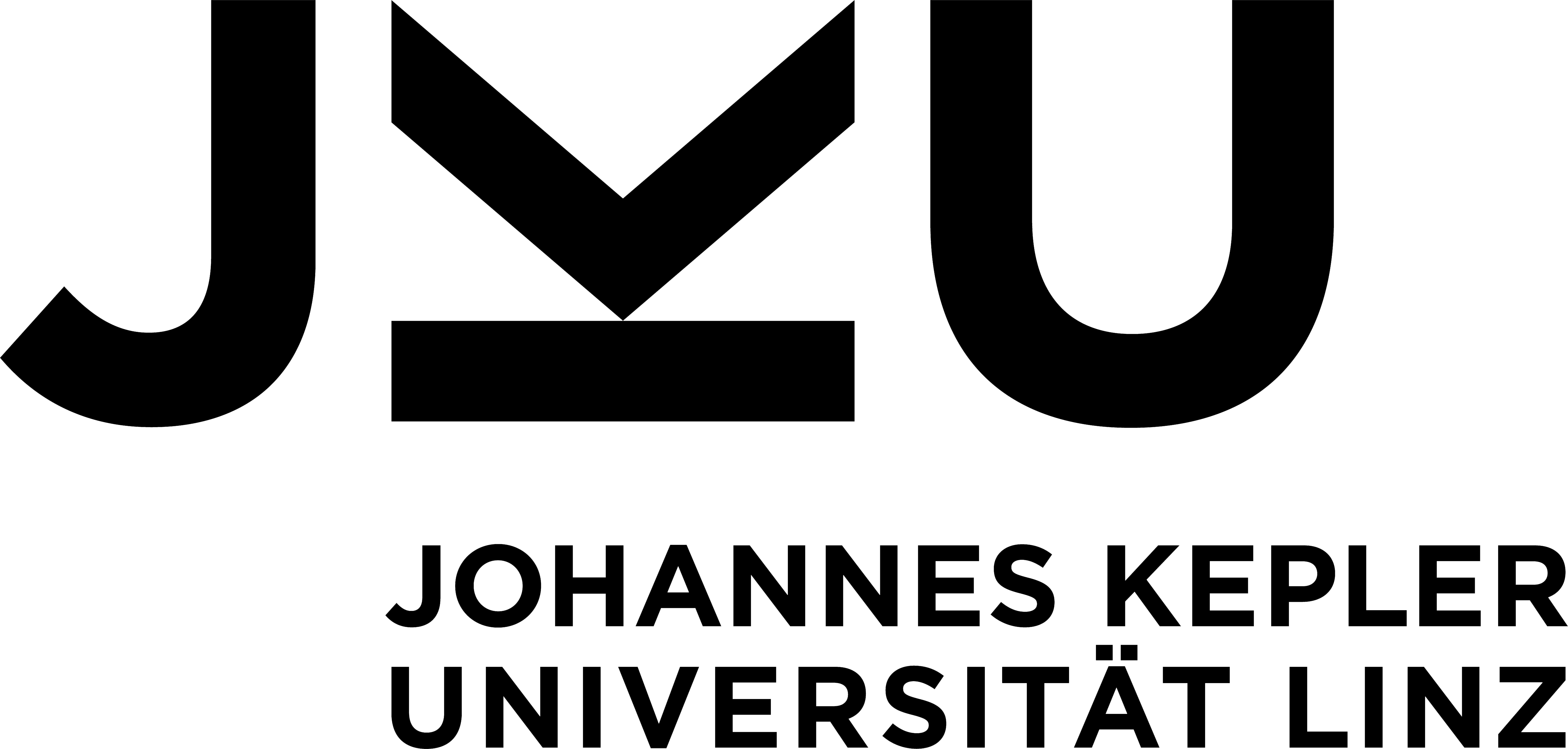Computer Science Colloquium
Przemyslaw Musialski
Vienna University of Technology
Shape Optimization for Consumer-Level Digital Fabrication
Wed 13.12.2017, 15:30, 60 minutesJohannes Kepler University Linz, Science Park Building 3, Room 058
Abstract
Traditionally, 3d modelling in computer graphics deals with the geometric and visual aspects of 3d shapes. On the other hand, due to the growing capabilities of personal digital fabrication technology and its spread into offices and homes, 3d models are increasingly entering the physical world. Therefore, the physical properties of 3d models come into focus. For example, 3dprinted models should be able to stand balanced in a desired pose without toppling over, or should posses certain properties, like a specific sound if vibrating or a minimal structural strength if exposed to external forces. It is thus desirable to have methods that allow the user to specify the intended physical properties of an object in addition to its 3d geometry, and which automatically take these properties into account when generating a specification for a 3d printer. In this talk I will give an introduction to such computational design problems and introduce a methodology for efficient non-linear shape optimization.Bio
Przemyslaw Musialski is university assistant and principal investigator at the TU Wien (Vienna University of Technology), Institute of Discrete Mathematics and Geometry, and member of the Center for Geometry and Computational Design (GCD) where he heads the Computational Fabrication group.He obtained the MSc degree (Diplom-Mediensystemwissenschaftler) in 2007 from the Bauhaus University Weimar and the PhD degree (Dr.techn.) in 2010 from the TU Wien. From 2007 to 2011 he was with VRVis Research Center in Vienna, and from 2011 till 2012 he was postdoctoral scholar at the Arizona State University. Since April 2012 he is with TU Wien.
Invited by Univ.-Prof. Dr. Oliver Bimber, Institute of Computer Graphics
The Computer Science Colloquium is organized by the Department of Coputer Science at JKU, the Österreichische Gesellschaft für Informatik (ÖGI) and the Österreichische Computergesellschaft (OCG).
